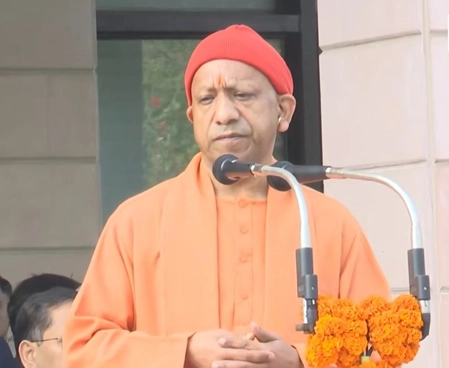The Election Commission of India has announced a significant move to enhance the integrity of the electoral process by linking voter identification with Aadhaar numbers. This decision is aimed at eliminating duplicate entries in the electoral rolls and ensuring that each vote cast is legitimate. By integrating these two critical identification systems, the Election Commission hopes to streamline the voting process and bolster public confidence in the electoral framework. This initiative is part of a broader effort to leverage technology in governance, ensuring transparency and accountability in the electoral system.
In response to this announcement, the Indian National Congress has expressed strong reservations regarding the linking of voter IDs with Aadhaar. Party leaders have raised concerns about privacy and the potential for misuse of personal data. They argue that making Aadhaar mandatory for voting could disenfranchise a significant portion of the population, particularly those who may not possess an Aadhaar card or have trouble accessing the system. The Congress party has called for a more inclusive approach that safeguards the voting rights of all citizens without compromising their privacy.
The debate surrounding the linkage of voter IDs and Aadhaar is emblematic of larger discussions about data privacy, electoral integrity, and the role of technology in governance. Advocates of the initiative argue that it is a necessary step to ensure fair elections and to combat voter fraud, while critics warn about the risks associated with mandatory biometric identification. As the electoral landscape continues to evolve, this policy will likely be a focal point of contention in upcoming elections, with various political parties leveraging it to galvanize their respective bases.
Ultimately, the success of this initiative will depend on how it is implemented and whether adequate safeguards are put in place to protect citizens’ rights. As the Election Commission moves forward with this plan, it will need to address the concerns raised by opposition parties and civil rights advocates to ensure that the integrity of the electoral process is maintained without infringing on individual freedoms. The coming months will be crucial as stakeholders engage in discussions about the implications of this policy and its potential impact on the future of voting in India.




